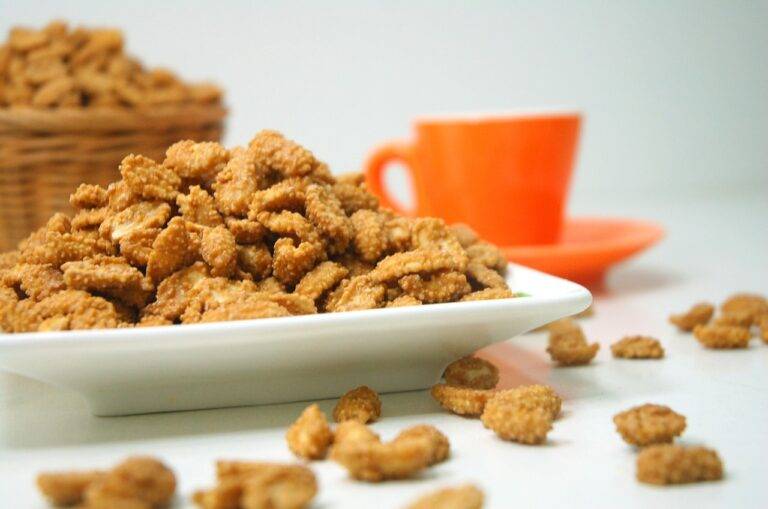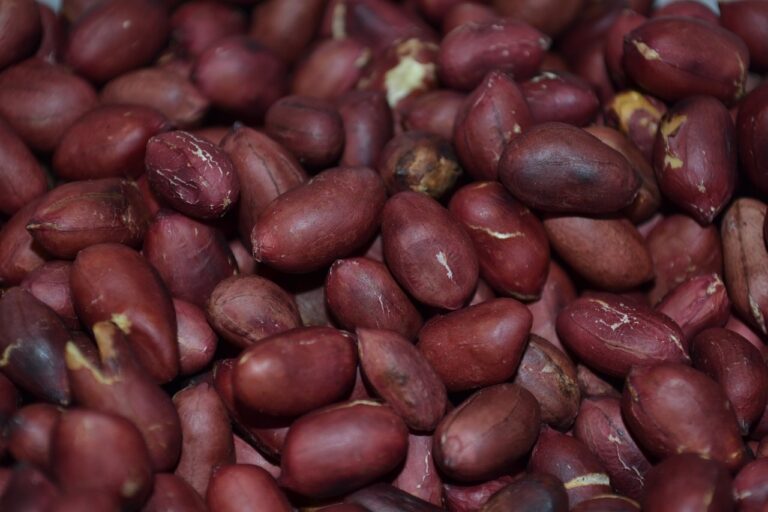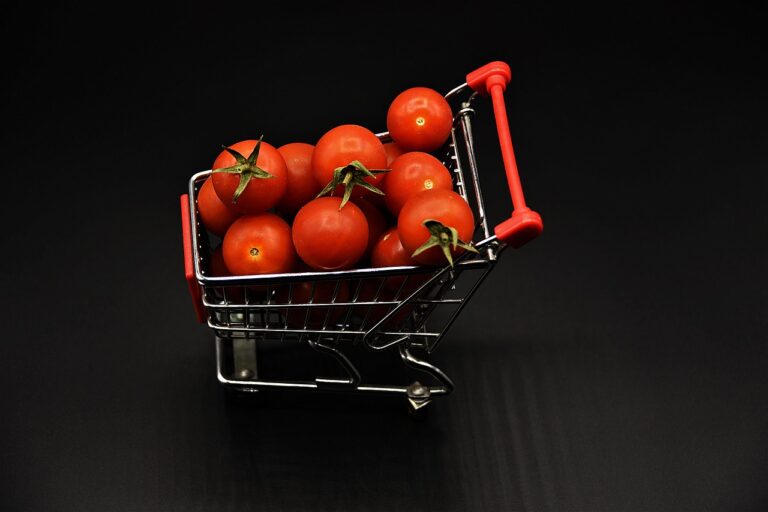Promoting Healthy Eating Habits in Food Addiction Recovery: Allexchbet. Com, 99 exchange, Allpanel
allexchbet. com, 99 exchange, allpanel: Promoting Healthy Eating Habits in Food Addiction Recovery
Are you struggling with food addiction and seeking ways to promote healthy eating habits in your recovery journey? You’re not alone. Many individuals face challenges when it comes to overcoming food addiction and transitioning to a healthier lifestyle. However, with the right strategies and support, it is possible to make positive changes and improve your overall well-being.
In this blog post, we will discuss various tips and techniques to help you establish healthy eating habits while recovering from food addiction. From understanding the root causes of your addiction to making conscious food choices, we will explore ways to set yourself up for success on your journey to recovery. Let’s dive in!
Understanding Food Addiction
Before delving into strategies for promoting healthy eating habits, it is essential to understand the nature of food addiction. Food addiction is a complex issue that involves a compulsive relationship with food, often characterized by cravings, binge eating, and a lack of control. This addiction can have significant physical, emotional, and social effects on an individual’s life.
Many factors can contribute to the development of food addiction, including genetic predisposition, environmental influences, and emotional triggers. It is crucial to address these underlying causes to effectively manage and overcome food addiction. By gaining insight into your relationship with food and identifying potential triggers, you can begin to make positive changes that support your recovery journey.
Setting Realistic Goals
One of the first steps in promoting healthy eating habits in food addiction recovery is setting realistic goals. It is essential to establish achievable objectives that align with your personal needs and preferences. Whether your goal is to increase your intake of fruits and vegetables, reduce your consumption of sugary foods, or practice mindful eating, setting realistic targets can help you stay motivated and focused on your recovery journey.
When setting goals, consider your current eating habits, preferences, and challenges. Start by identifying specific areas where you would like to make improvements and create a plan that outlines actionable steps to achieve your objectives. Remember to be kind to yourself and celebrate small victories along the way. Progress is a process, and every positive change you make brings you closer to your ultimate goal of a healthier lifestyle.
Making Conscious Food Choices
In food addiction recovery, making conscious food choices is key to establishing healthy eating habits. By being mindful of the foods you consume and how they affect your body, you can make informed decisions that support your overall well-being. Consider incorporating the following strategies into your daily routine to promote healthier eating habits:
1. Meal Planning: Plan your meals ahead of time to ensure that you have nutritious options readily available. This can help prevent impulsive choices and support a balanced diet.
2. Mindful Eating: Practice mindfulness while eating by savoring each bite, chewing slowly, and paying attention to hunger and fullness cues. This can help you develop a healthier relationship with food and improve digestion.
3. Portion Control: Be mindful of portion sizes and avoid overeating. Use smaller plates, measure serving sizes, and listen to your body’s hunger signals to prevent excessive consumption.
4. Balanced Diet: Strive to include a variety of foods from all food groups in your diet, such as fruits, vegetables, whole grains, lean proteins, and healthy fats. This can help provide essential nutrients and support overall health.
5. Hydration: Drink an adequate amount of water throughout the day to stay hydrated and promote optimal bodily functions. Limit intake of sugary beverages and opt for water as your primary source of hydration.
6. Learning to Cook: Experiment with cooking nutritious meals at home to gain control over your food choices and develop a greater appreciation for fresh, whole ingredients. Get creative in the kitchen and explore new recipes that align with your dietary goals.
Support and Accountability
Recovering from food addiction can be a challenging journey, but you don’t have to go it alone. Seek support from friends, family members, healthcare professionals, or support groups to help you stay accountable and motivated on your path to healthy eating habits. Surround yourself with individuals who understand your struggles and are willing to provide encouragement and guidance throughout your recovery process.
Consider joining a local or online support group for individuals recovering from food addiction. These groups offer a safe space to share experiences, gain insight from others, and receive encouragement from individuals who are on a similar journey. By connecting with like-minded individuals, you can build a support network that promotes positive change and reinforces healthy eating habits.
In addition to external support, cultivating self-care practices can also enhance your recovery journey. Take time to prioritize your physical, emotional, and mental well-being by engaging in activities that promote relaxation, stress management, and self-awareness. Whether it’s yoga, meditation, journaling, or spending time in nature, find practices that resonate with you and help you maintain balance in your life.
FAQs
Q: Can food addiction be overcome?
A: Yes, food addiction can be overcome with the right strategies, support, and determination. By addressing underlying causes, making conscious food choices, and seeking support, individuals can successfully manage and recover from food addiction.
Q: How can I identify triggers for my food addiction?
A: To identify triggers for your food addiction, pay attention to emotional, social, and environmental cues that may lead to unhealthy eating behaviors. Keep a food journal, seek support from a therapist, and practice self-reflection to gain insight into your triggers and develop coping strategies.
Q: Are there specific foods I should avoid in food addiction recovery?
A: While individual dietary needs vary, it is generally beneficial to limit consumption of highly processed foods, sugary snacks, and foods high in added sugars and unhealthy fats. Focus on whole, nutrient-dense foods that nourish your body and support your overall health.
Q: How can I stay motivated on my journey to healthy eating habits?
A: Staying motivated in food addiction recovery can be challenging, but setting realistic goals, celebrating small victories, and seeking support can help you stay on track. Find activities that inspire you, connect with supportive individuals, and remind yourself of the positive changes you are making for your well-being.
In conclusion, promoting healthy eating habits in food addiction recovery requires dedication, self-awareness, and support. By understanding the nature of your addiction, setting realistic goals, making conscious food choices, and seeking support, you can cultivate a balanced relationship with food and create sustainable habits that support your overall well-being. Remember that progress takes time, and every positive change you make brings you closer to a healthier lifestyle. Stay focused, stay resilient, and believe in your ability to overcome challenges and embrace a brighter, healthier future.







